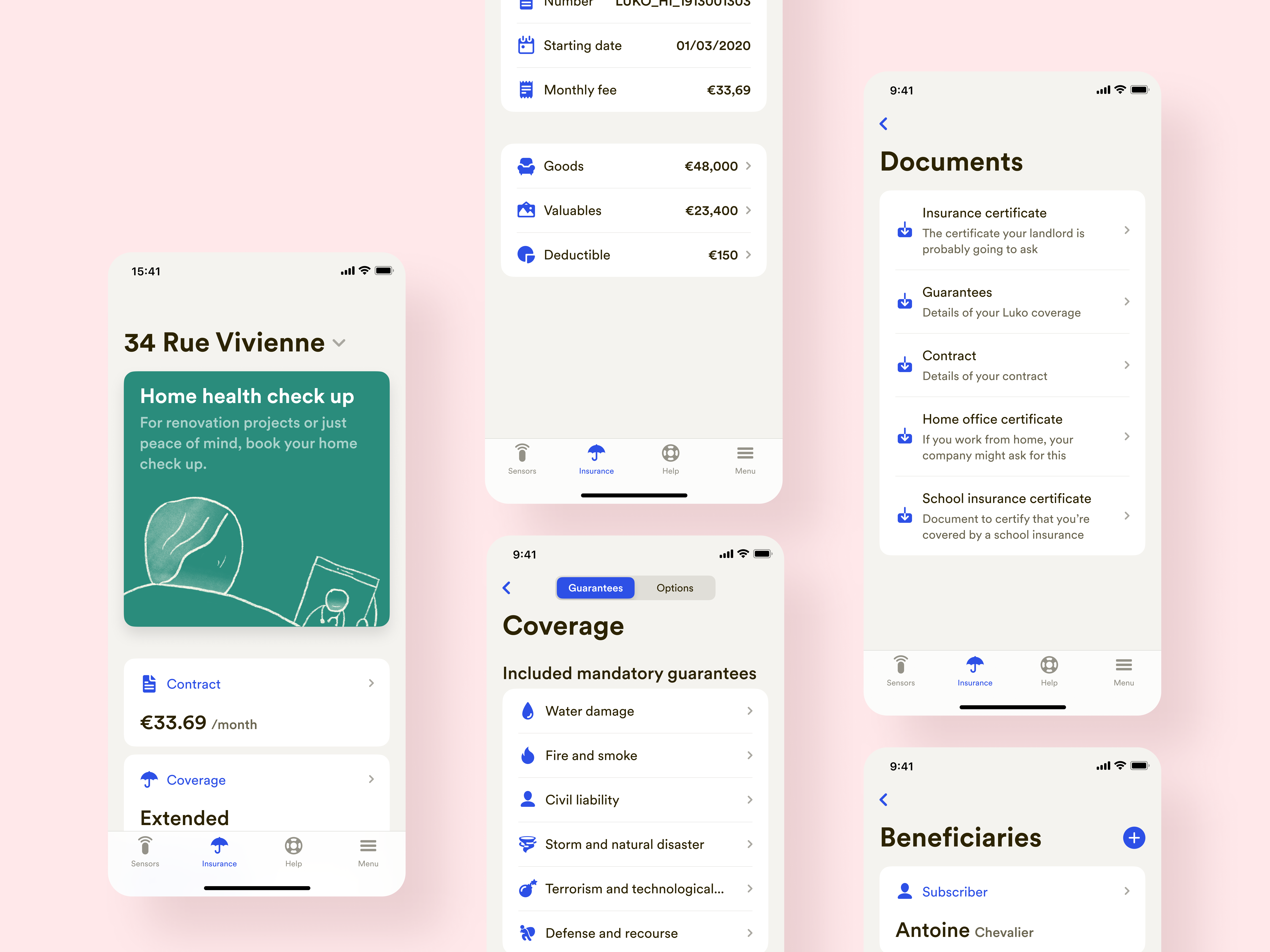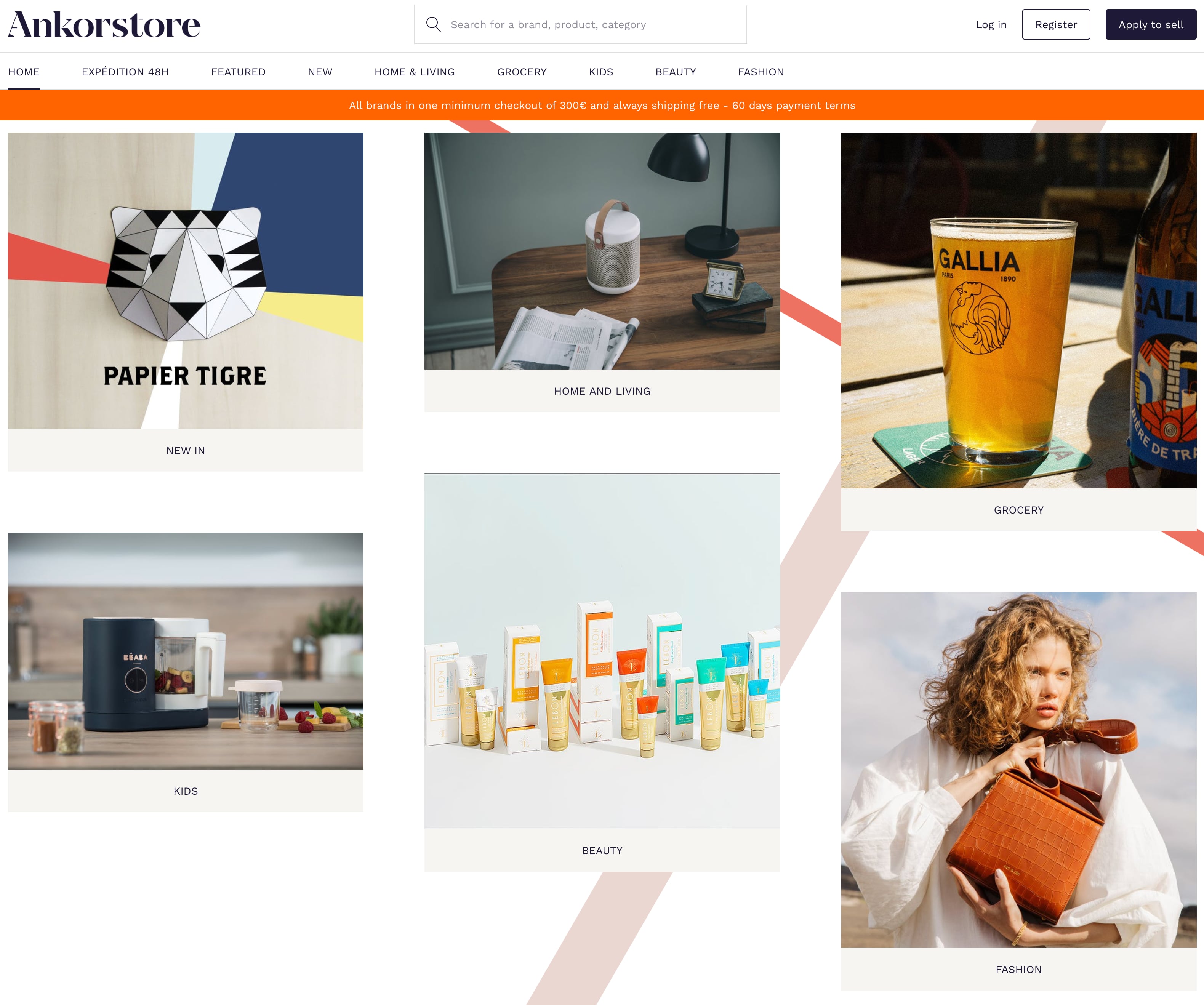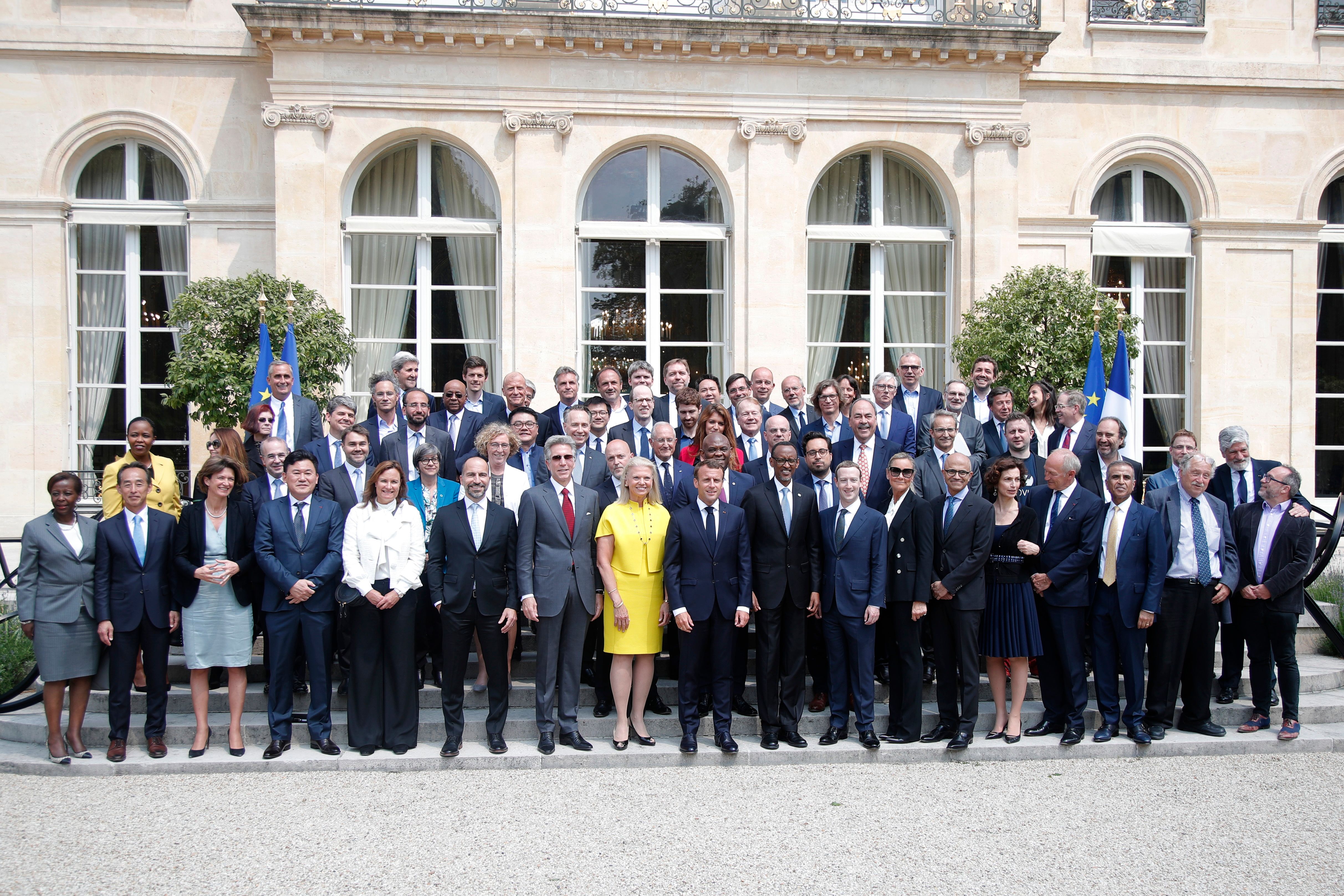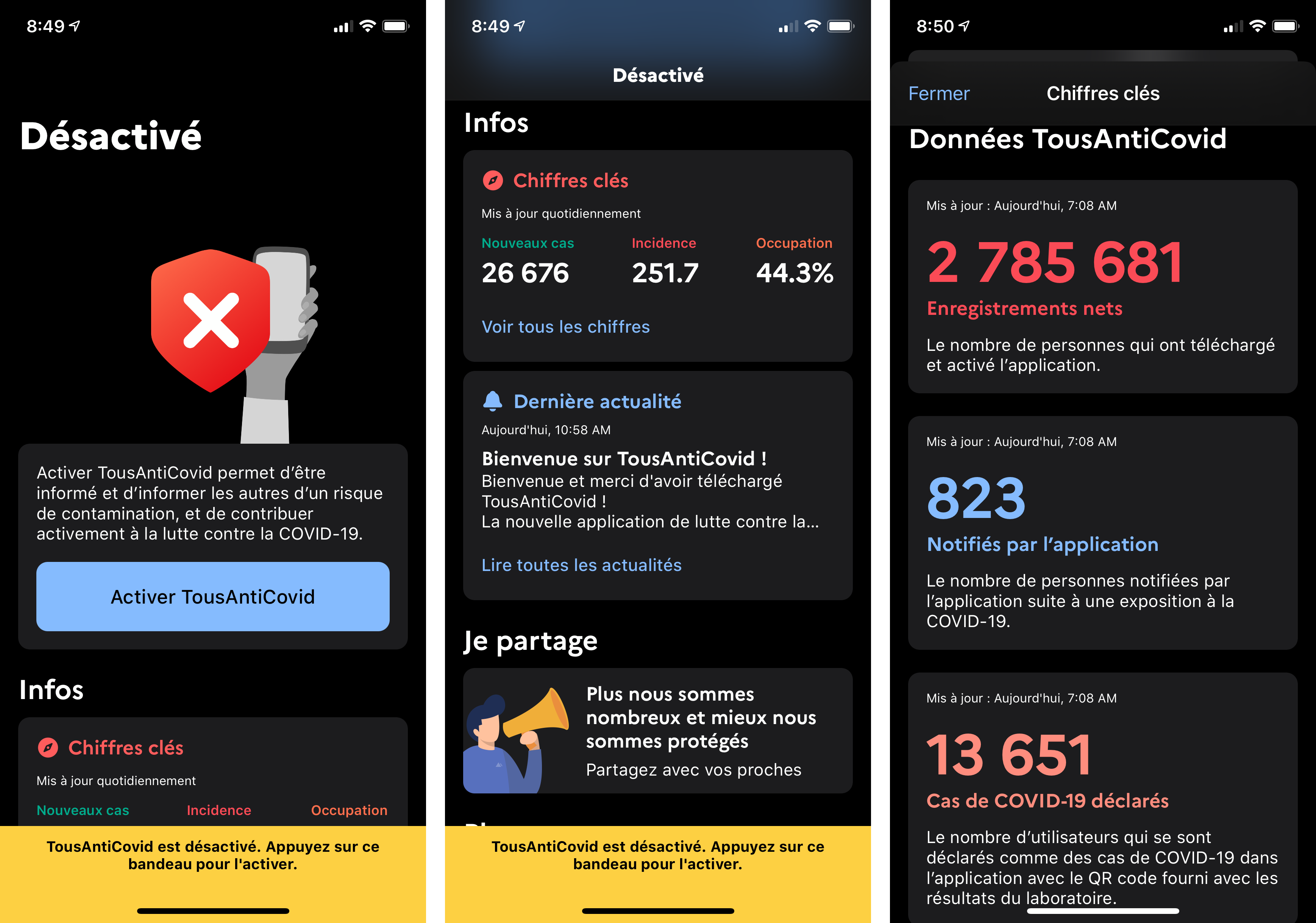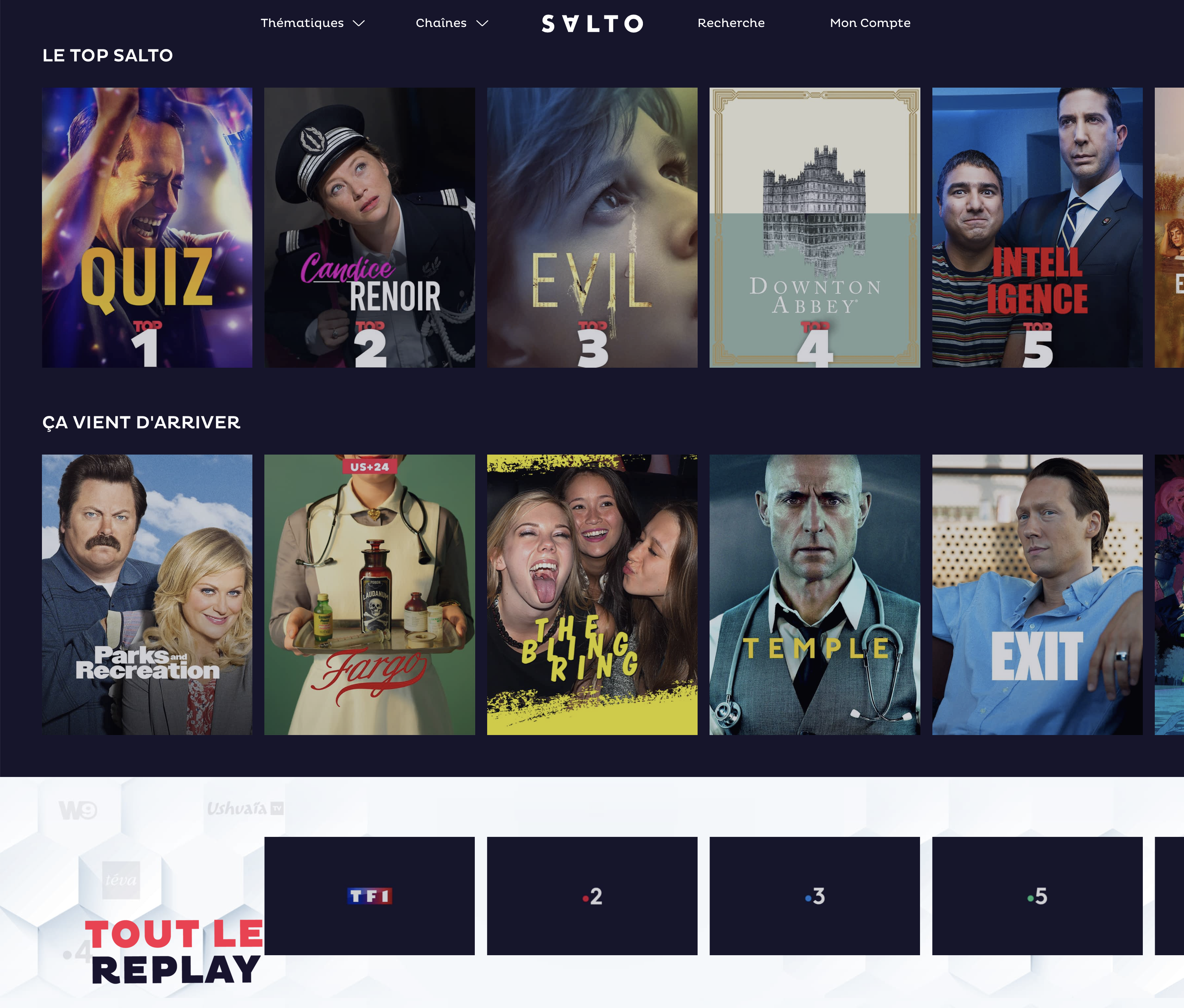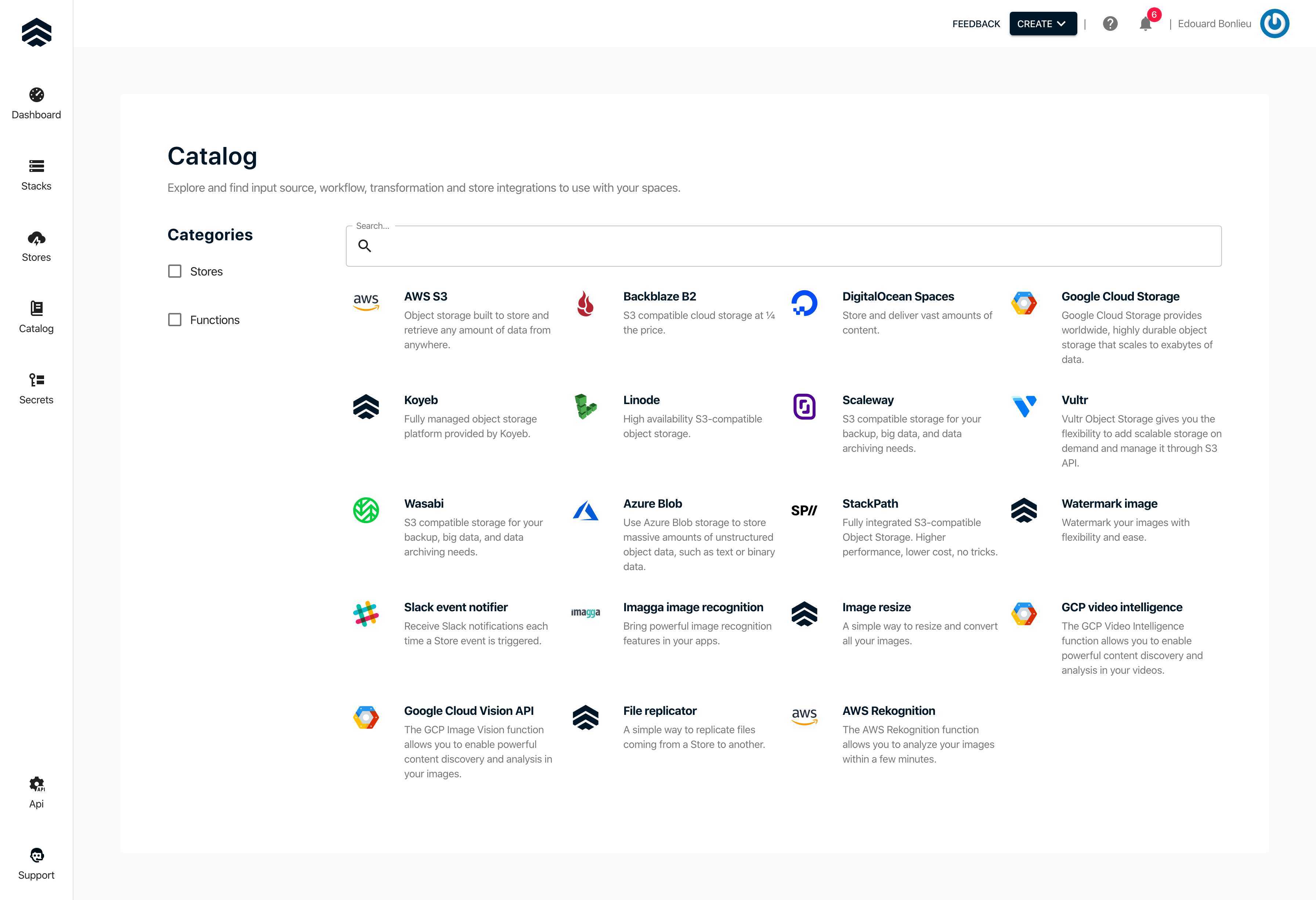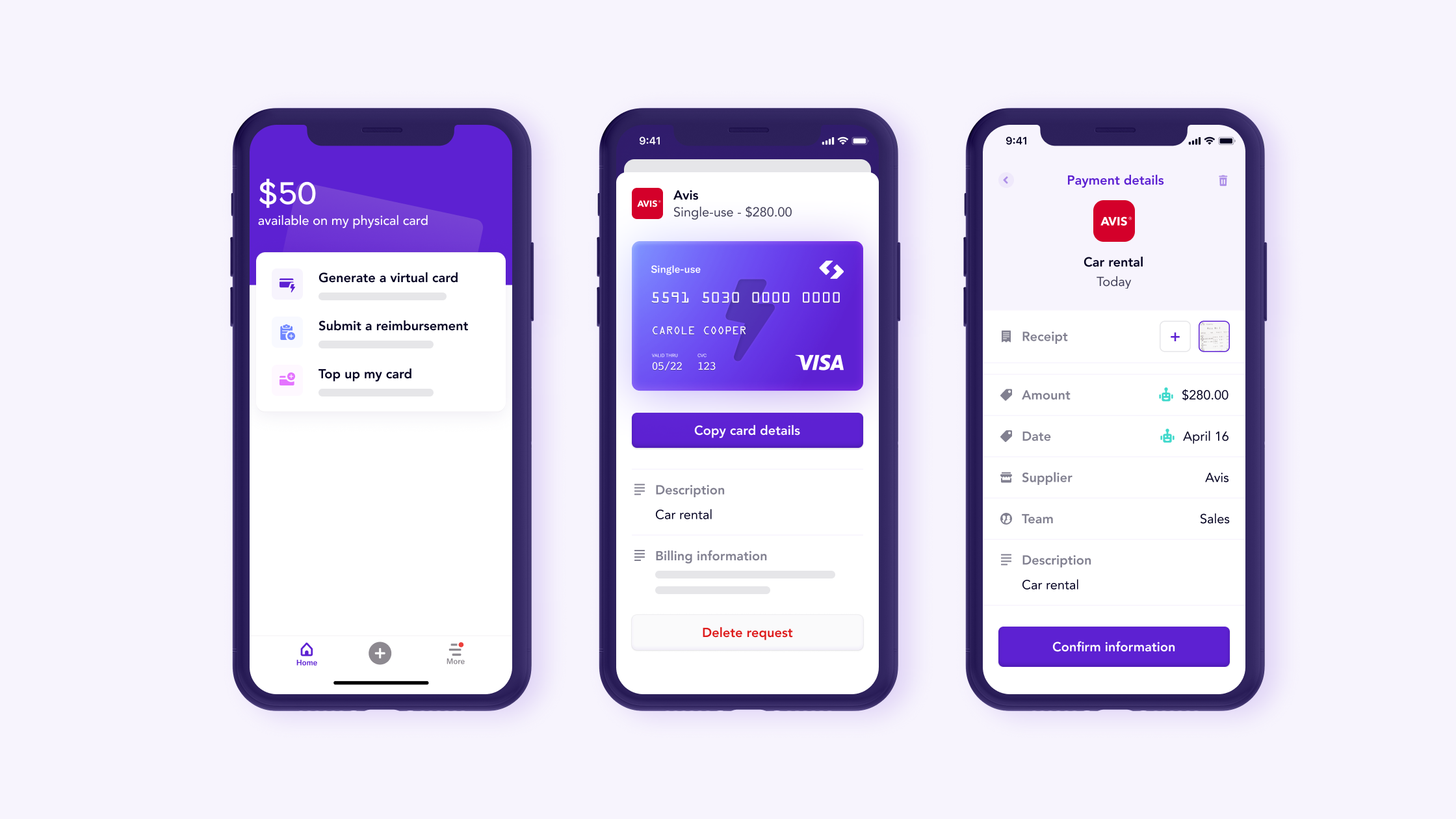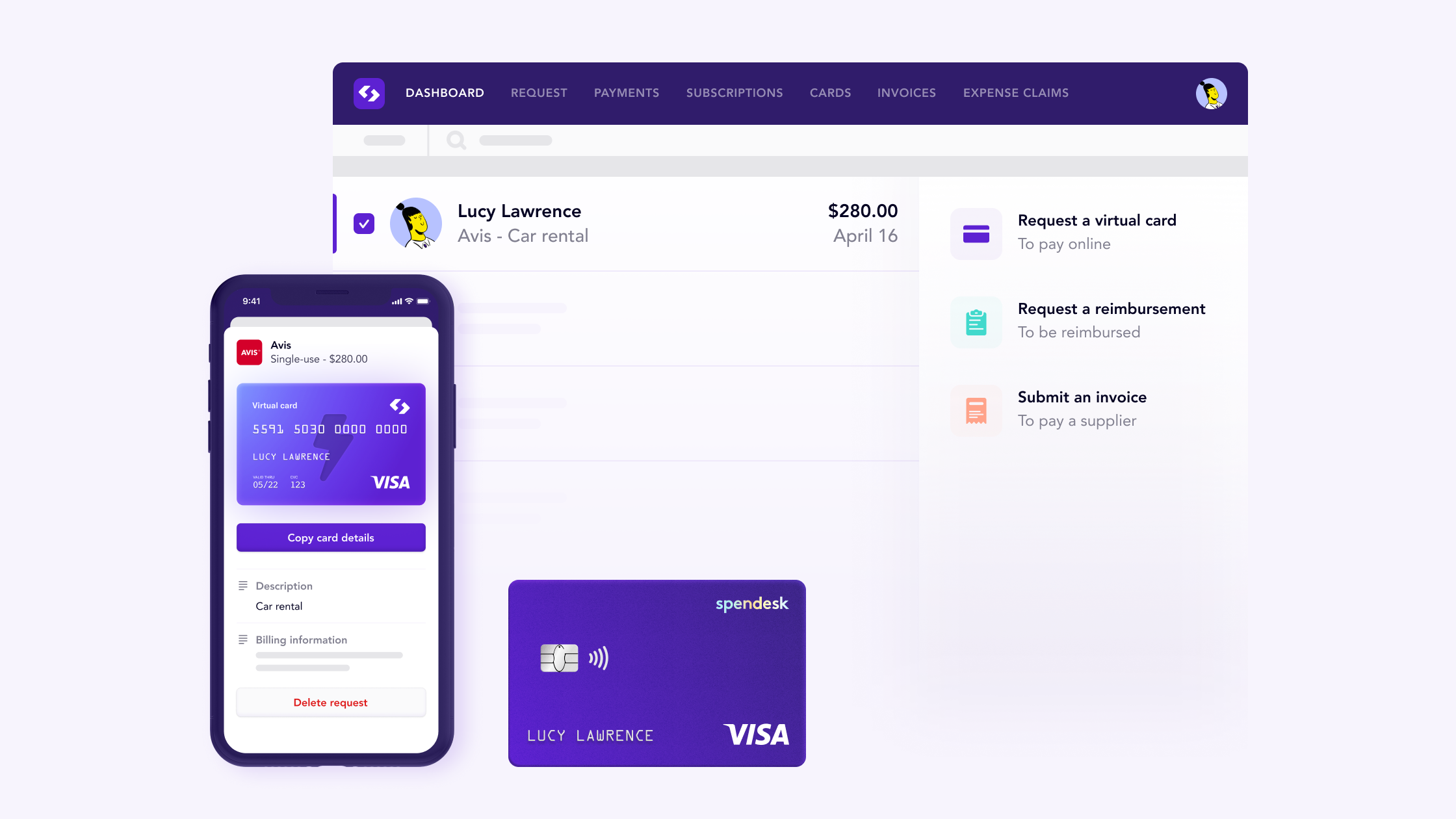French startup Yubo is the biggest social media app you’ve never heard of — unless you’re a teen. With a focus on young people under 25, the company has managed to attract 40 million users. A fraction of them hang out every day in live-streaming rooms, meet new people and spend money for more features.
That’s right, the company isn’t betting on ads. You can pay to unlock items or subscribe to the app. Yubo expects to generate $20 million in revenue this year — that’s twice as much revenue than it generated in 2019.
Yubo recently closed a Series C funding round of $47.5 million. Existing investors Idinvest Partners, Iris Capital, Alven and Sweet Capital are investing once again. Gaia Capital Partners is joining the round as a new investor. Jerry Murdock from Insight Partners isn’t investing in the company but he’s joining the company’s board.
So what is Yubo exactly? It’s a social media app that wants to reverse the current trend of social networks — you can’t follow other users, you can’t like content.
As we’ve seen many, many times in the past, once you introduce a following feature, the ability to like and algorithmic recommendations, your social network becomes a virtual stage. A tiny portion of your user base performs on that stage, the vast majority consumes content. Influencers emerge and monopolize your attention. We’ve seen that trend with Vine, Instagram, YouTube, Twitter, TikTok and even LinkedIn.
Yubo isn’t looking for performers. The company wants to help you meet other people, play games, hang out and create new friendships. In many ways, it feels like a way to hang out with teens that don’t attend your high school.
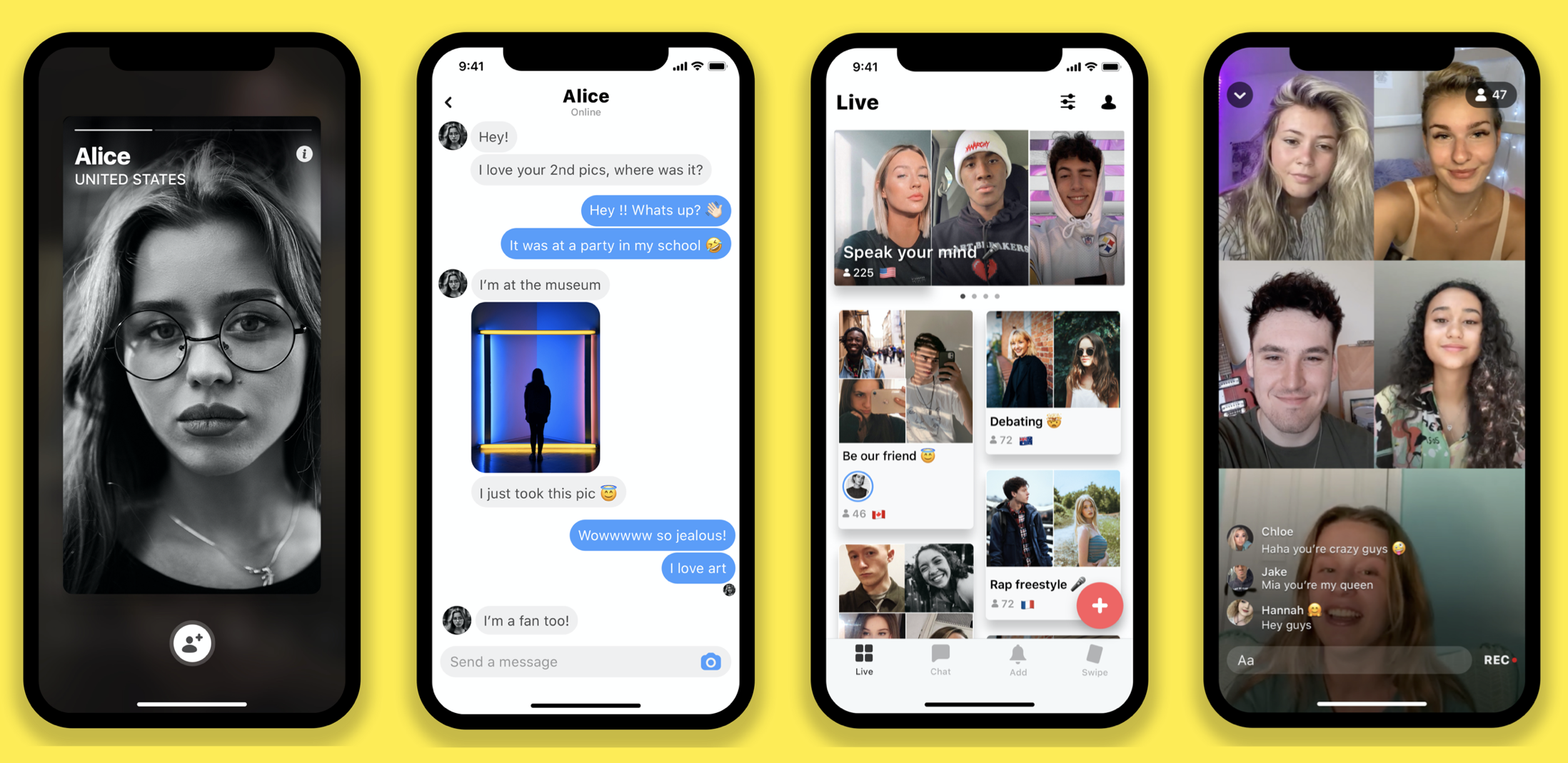
Image Credits: Yubo
When you open the app, you get a list of rooms that you can join. Users can live stream from their phone and chat with other users. You join rooms depending on what you’re looking for — local people, people talking about politics, people playing games, etc.
Once again, the idea isn’t to create giant room with a handful of performers and tens of thousands of viewers. There’s no tipping mechanism so it’s not like Twitch.
“In 95% of rooms, there are only streamers. Rooms have between 5 and 10 people on average,” co-founder and CEO Sacha Lazimi told me.
You can add people as friends and chat with them in the app. In addition to rooms, you can find new friends by swiping left and right on profile pages — an interaction borrowed from Tinder.
“We had 25 million registered users in December. Today, we have more than 40 million users,” Lazimi said. Most users are based in the U.S., the U.K., Canada, Australia and France.
And engagement has been going up as well. The number of hours spent in live rooms is up 400% year-over-year.
With in-app purchases and subscriptions, you get additional features. For instance, you can boost your live stream, promote your profile on the Swipe page or feature your profile at the top of the online section. It’s a way to get more people in your room, receive messages from more users and have more interactions in general.
“We think it’s the future of monetization for social platforms. If you focus on ads, you’re competing with Facebook, TikTok and Snap,” Lazimi said.
With such a young audience, moderation is extremely important. The company has been investing heavily on real-time moderation processes and it tries to enforce strict rules. When you sign up, Yubo checks your identity to put you in the right age group.
“We analyze all content both semantically and visually,” Lazimi said. The company is currently working on alert popups to tell users that they’re doing something inappropriate while it’s happening.
Yubo has in-house safety experts and also works with contractors — it can connect its users with local helplines as well. One-third of the company’s investments are focused on safety. It currently covers 36 languages.
With today’s funding round, Yubo will expand its team. There are currently 30 employees in Paris, London and Jacksonville, which is small when you think about the reach of the app. Yubo will open an office in New York.
On the product front, Yubo is working on recommendation algorithms. The company is also going to build a YouTube integration to consume YouTube content from a room directly. Yubo is also partnering with Snap to integrate Camera Kit. This way, Yubo will be able to build is own AR lenses for its users.
